Cork City
Places of interest Cork
Cork is home to many interesting building such as the Shandon Tower, the Cobh Heritage Centre, the Blarney Castle, the City Hall, and the English Market. These places attract visitors because there are things to do and see in each location. This makes Cork a great place to visit. People love being able to find information about places of interest. When you show people where something is, it helps make them want to know more about it. If someone knows what a place looks like, they might even decide to go there. Tourism is one of Ireland’s biggest industries. Many tourists travel to Cork to enjoy the city’s beautiful scenery and historic sites. In fact, Cork is ranked number 4 among Irish cities for tourist attractions. A lot of money comes into the local economy when people visit places of interest. Tourists spend money while they are here. For example, visitors to the English Market spend $1 million every day.
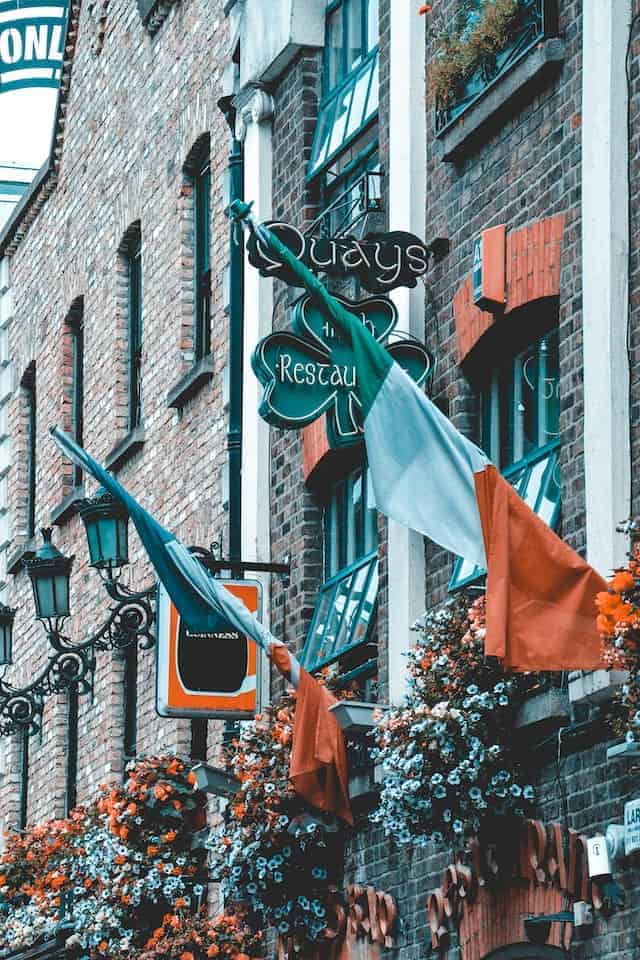
Local government and politics
Cork City Council is responsible for providing public services such as waste collection, street lighting, refuse removal, parks maintenance, libraries, roadworks, etc. The County Council is responsible for planning, building roads, schools, hospitals, etc. There are 31 seats on Cork city council. Each councillor represents one electoral area called a district. Each district elects three councillors. This means there are 62 councillors elected every four years. In addition, each district elects a mayor. This means that there are 63 mayors elected every four years. One person serves as Mayor for a period of 4 years. Aldermen serve for 3 years. They represent wards within the districts. Councillors must live in the ward they represent. City councillors cannot vote in elections for county councillors. County councillors cannot vote in elections to the European Parliament. Local government and politics are two different things.
Economy of Cork
Retail is an important part of the Irish economy. In fact, it accounts for approximately 7% of GDP. There are many shopping malls in the city of Cork, which are popular among both locals and tourists. This is because there are many shops in Cork, which are very expensive compared to those in other parts of Ireland.
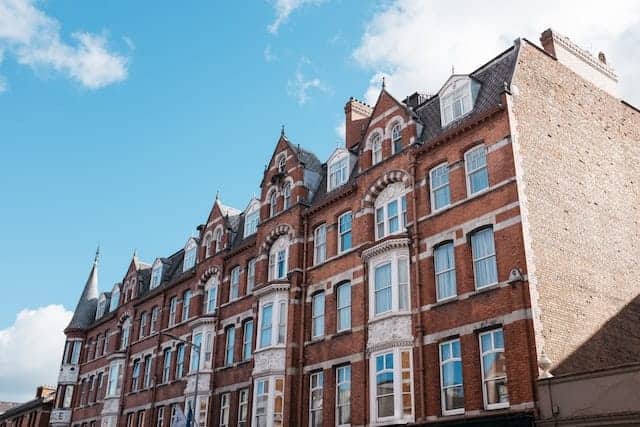
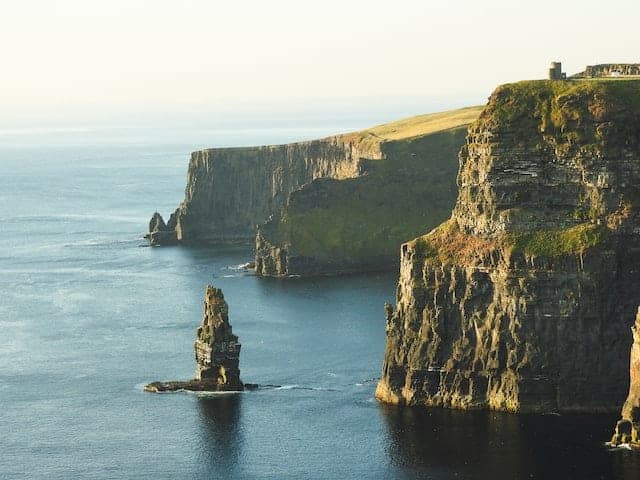
Transport within Cork City
Cork Airport is the second busiest airport in the Republic of Ireland. It serves both domestic and international flights. There are nine airlines operating out of Cork. The airport is located just outside the center of the city. The airport has two terminals, one for international arrivals and departures and another for domestic arrivals and departures. Terminal 1 is used by Aer Lingus, Ryanair, Flybe, British Airways, Iberia, Air France, Lufthansa, KLM Royal Dutch Airlines, Swiss International Air Lines, Austrian Airlines, Finnair, TAP Portugal, Brussels Airlines, and Condor.
Harbour and waterways in Cork
The Harbour Ferry is a free public transport service operating across Victoria Harbour and connecting the central business district with North Point Pier. The Harbour Ferry operates every half hour Monday to Friday between 8am -5pm. Passengers are required to board via one of the three stops located along Queensway. Passengers must disembark at either Queensway or North Point Pier. There are no stops at Circular Quay, Wynyard Quarter, Customs House or South Wharf. Ferry tickets are sold onboard the Harbour Ferry. Tickets are valid for 90 minutes and cannot be used on another route. Tickets are $2 per adult and $1 per child under 12 years old. Children aged 12 to 17 years pay $3.50 per ticket. Children under 2 years old travel free. A limited number of concession cards are available to purchase online. These include concessions for seniors over 65 years, people with disabilities, students and children under 18 years. Concession card holders receive a 50% discount on fares.
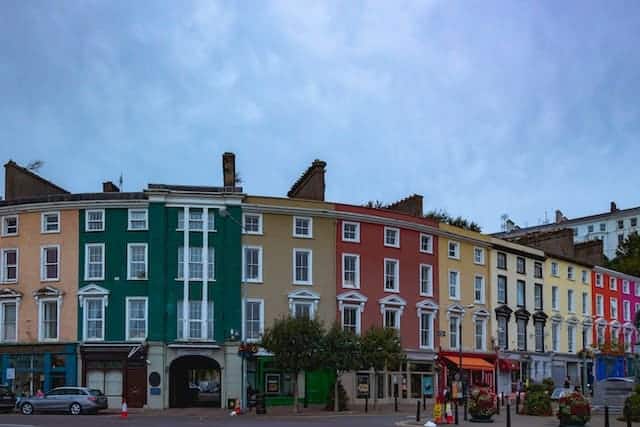
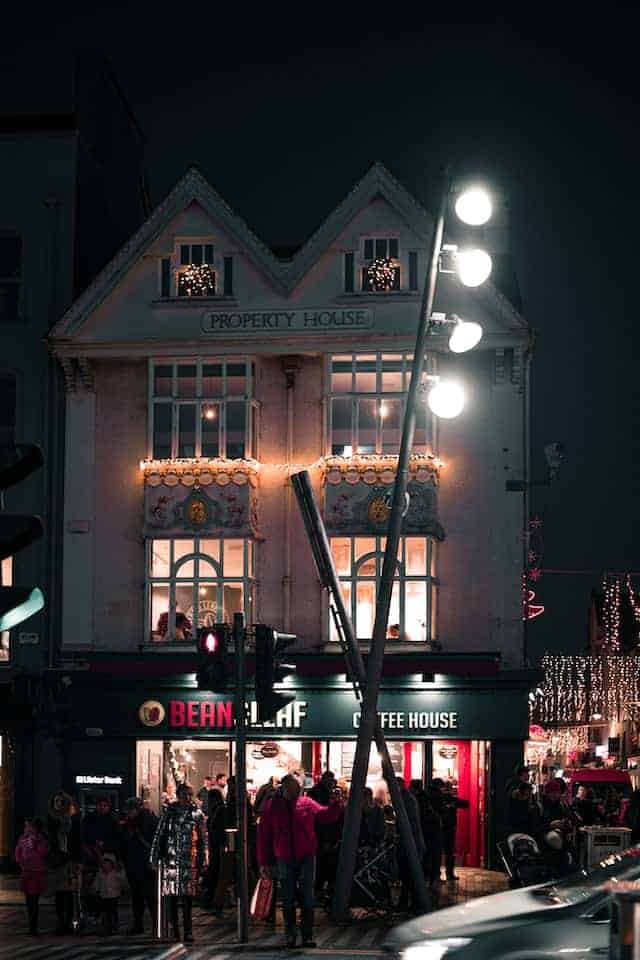
Major Roads Cork
Bike paths will link Cork City’s north side to the city centre. Cork City Council is planning to build a network of road bike paths along the city’s main roads. The aim of the project is to encourage people to use bicycles rather than cars. They hope it will help combat air pollution and congestion. The plan includes building a number of separated bike lanes along the N11, N22, N25, N28, N29, N33, N34, N35, N36, N37, N38, N39, N40, N41, N42 and N43 routes. A draft strategy document published by the council states that the scheme will cost €4 million. Funding will come from the European Regional Development Fund, local authorities and the National Transport Authority. The council says it wants to make sure the proposed route is safe and accessible for cyclists and pedestrians. It hopes to start construction next spring.
Education in Cork City schools
Cork is one of Ireland’s most vibrant cities and home to some of the world’s leading educational institutions. With over 50 schools, including 3 universities, Cork offers students a wide range of courses and study options. The city has many universities and college campuses, such as University College Cork, IT Carlow, University College Dublin, and NUI Galway. This gives students access to a diverse range of academic opportunities. There are also a number of research institutes based in Cork, including the National Marine Institute, Cork Institute of Technology, and the Centre for Research in Mathematics and Statistics Education. These offer students the opportunity to learn about cutting edge technology and scientific research.
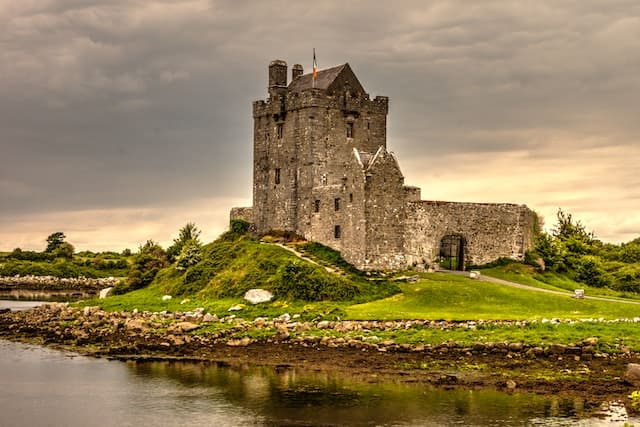
How much does a house cost in Cork Ireland?
House prices in Ireland vary greatly. According to the 2017 Irish Property Price Report, house prices in Cork City ranged from �45,000 to �2,000,000 with an average sale price of �143,000.
Can I move to Ireland without a job?
You can move to Ireland without a job, but finding one can be rather difficult without strong connections. It is also advisable that you have significant savings or income from other sources.
What is a person from cork called?
A person from Cork is called a Corkonian.